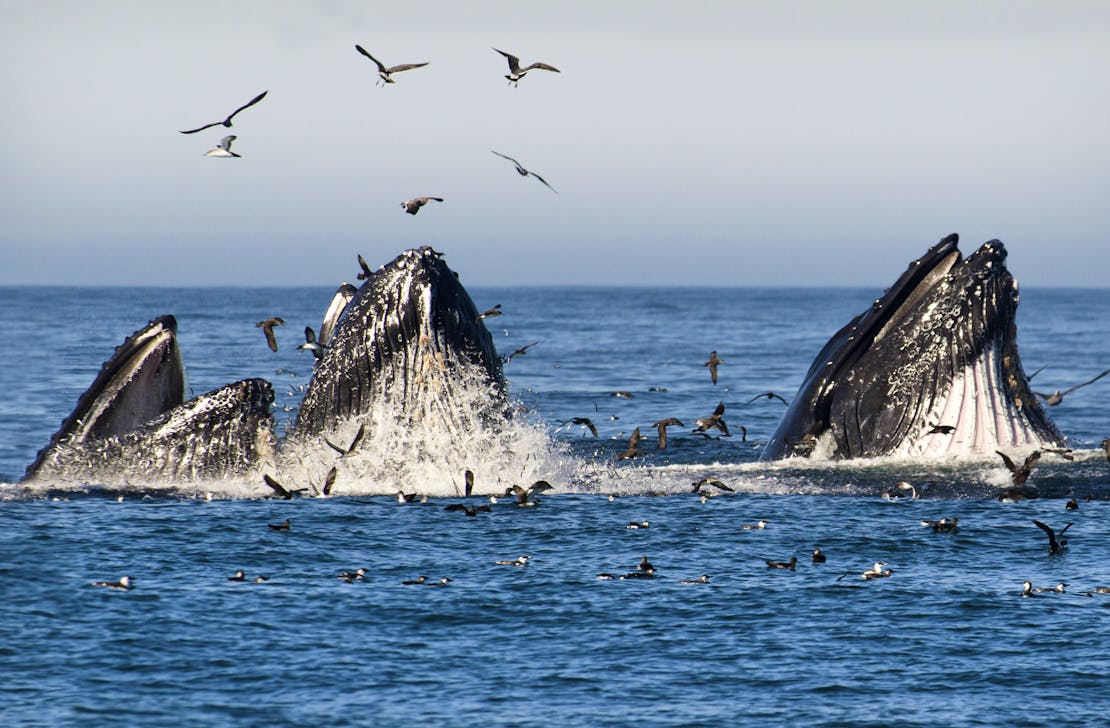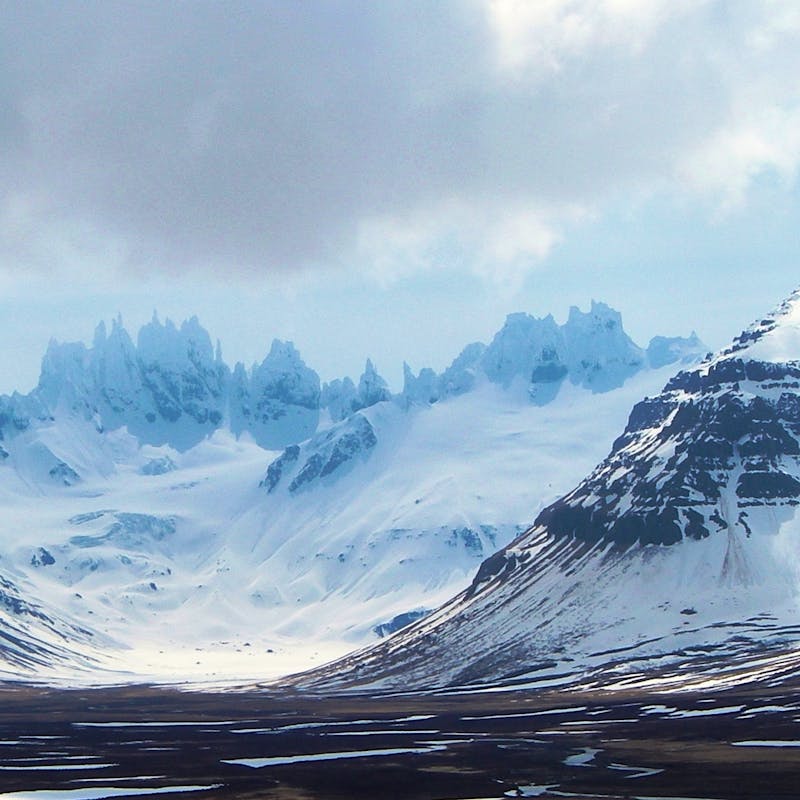As a wildlife biologist, though I’ve spent my career focused on biodiversity, I can remember a time before the term was used or the concept was truly understood.
We discussed it as scientists, of course. But when I testified before Congress, or communicated with the general public, I was more likely to speak in terms of “animals,” “plants,” “habitats,” and perhaps “ecosystems,” but not as a broader scientific concept like “biodiversity.”
Things have changed. More and more people now recognize and understand that global threats like climate change and widespread wildlife extinction don’t only put individual species and places at risk, but the entire natural web of life.
Grizzly bears need butterflies. Orcas need salmon. Black-footed ferrets need prairie dogs. And people need coral reefs—to say nothing of clean air, healthy water and a sustainable climate. We are all connected. That’s biodiversity. We now know we must develop and implement solutions at a broader scale and complexity and confront these crises in all their interconnectivity to make a real difference for our future.
When we save species from extinction, we save ourselves from extinction. Saving biodiversity is synonymous with saving the planet. And with leading scientists increasingly sounding the alarm about the biodiversity crisis, one that threatens the extinction of nearly a million species in the coming decades, the need for decisive action has never been greater. That’s why Defenders of Wildlife is calling for the establishment of a National Biodiversity Strategy to guide our country; all 50 states, government agencies, tribes and private stakeholders in protecting our nation’s biodiversity and serving as a role model for the world.
Of course, anyone who has engaged in or supported recovery of imperiled wildlife recovery recognizes that Defender’s mission has always been grounded in a biodiversity strategy. Take wolves for example. Reintroducing wolves in North America has had profound impacts on habitat, landscape connectivity, natural balance and human communities. We increase our chances for success when we join all the pieces together with an integrated approach.
Defenders of Wildlife is a leader in biodiversity protection. We have focused and respected expertise on wildlife and wildlife habitat. We are grounded in science. And we have extraordinary members and activists in every state and community who recognize that widespread extinction would put not only wildlife at risk, but people, too.
We also understand that protecting and restoring biodiversity is more than Defenders can do alone. We know it’s critical that all stakeholders work together. That’s why we are calling for a government-wide strategy establishing significant congressional support, building powerful alliances with more than 120 other environmental organizations and directing our advocacy efforts toward the White House and key federal agencies to expedite executive action and compel integrated action plans to address the escalating biodiversity crisis.
The time is now! Without healthy, sustainable populations of wildlife, we will be exposed to more diseases, our water and food supplies will be threatened and the quality of our lives diminished in countless, overwhelming ways.
We cannot leave the protection of our natural world to somebody else, we cannot ignore what’s happening around us and expect the next generation to solve it, because by then it will be too late. With your help, with your passion and energy, we will protect biodiversity and save our world and ourselves. There are many ways to help: sign up to stay informed on ways you can take action, become a Biodiversity Ambassador to speak up for nature, or support our work with a generous donation.













Follow Defenders of Wildlife
facebook bluesky twitter instagram youtube tiktok threads linkedin